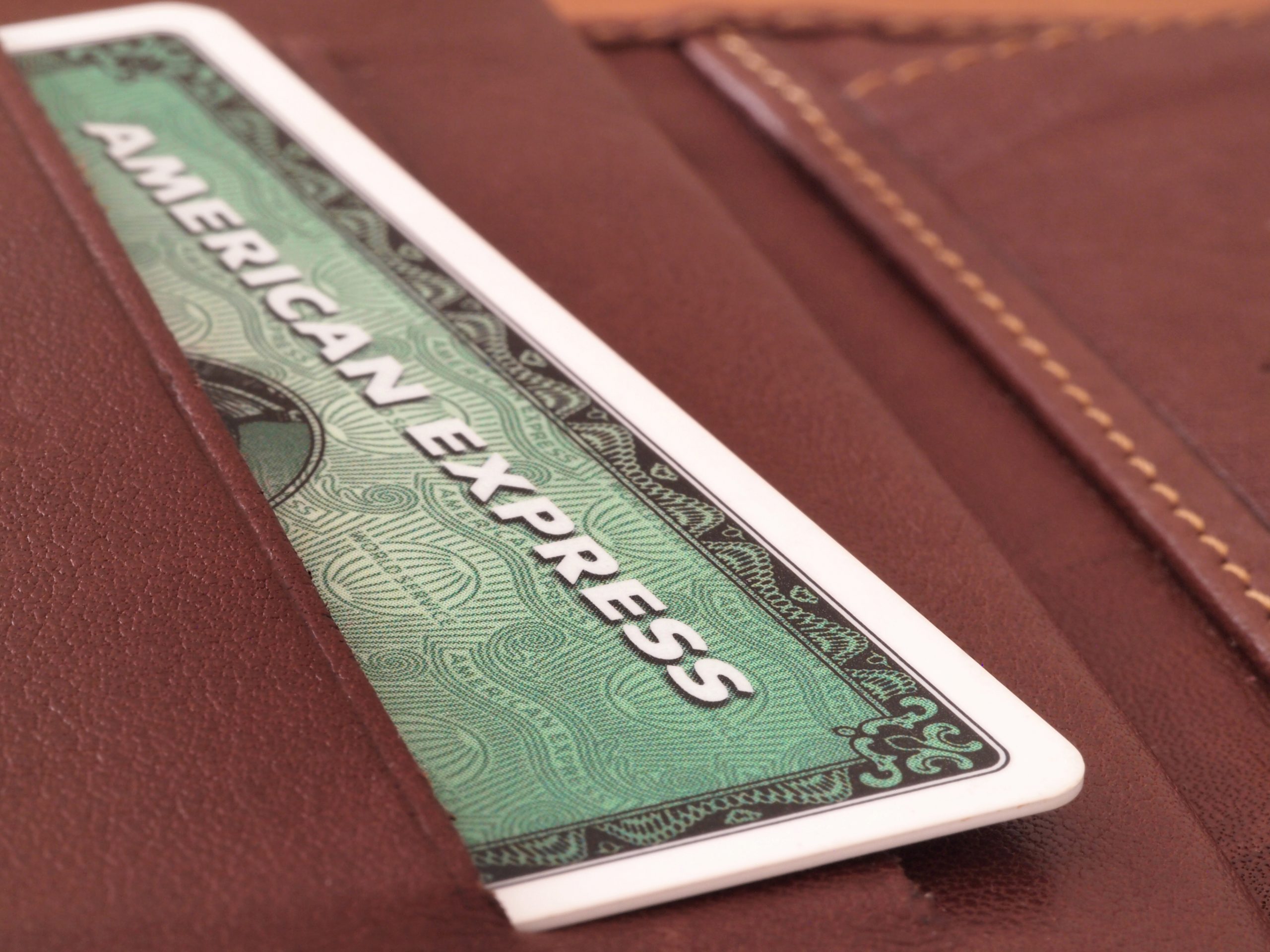Hey Credit Warriors, today we’ll tell you what factors can affect your credit score and how to deal with them. So once you have your first credit card, let’s say, a very basic credit card like Capital One Platinum card or the Chase Freedom, you’re going to need to build your credit score. And in order to access high credit lines and get other better credit cards in the future you need a higher credit score. So there are five factors which can actually affect your credit score:
- Payment history, which affects 35% of your credit score.
- Credit utilization – 30% (the amount of money you owe as a percentage of your total credit line)
- Length of credit history – 15%.
- Credit inquiries, – 10%
- Types of credit use, also 10%.
So let’s look at each of these factors in detail.
Payment History

This is the largest factor, making for 35% of how your credit score is figured out. And it’s determined by how frequently you meet your credit card payments. If you miss one payment, it can have quite a big impact on your score. So what you should do is always pay your credit card bill in full on time. Actually, you don’t have to pay your bill in full to make sure your credit history is all positive information, you just have to meet the minimum payment each month, which is normally between $25-$35, depending on the card.
But you know, because if you don’t pay your bill in full, you’re going to end up paying interest, which sort of defeats the point of a credit card. In that case it’s just debt, and you’d be paying interest on it, which could be 20% per year. You don’t really want to pay interest, I don’t want you guys to pay interest. And if you’re looking at taking out some long term money, a credit card is not the way to do it, it’s better to get a loan. So really, my recommendation is you should pay your credit card bill in full every month. Otherwise, you know, you’re kind of doing it wrong.
So let’s look at a couple of ways to make sure you pay your credit card bill in full every month. One way I like to use is to decide how much you intend to use a particular card that month. Let’s say, if it’s $200, then first move $200 into a savings account, make the purchases using your card, and once you hit $200 on the card that month, don’t use it again until the end of the month and return to making purchases on your debit card or with cash. And then when the bill comes around, you have the money in your savings account, you can pay it immediately.
Step two to make sure you never miss your minimum payment and never get that negative information. Link your account to set up a direct debit to your checking account to pay the minimum payment for your credit card, which is usually around $25. And this will ensure you never have to pay any late fees and also never have that negative information on your credit report.
Credit utilization

This affects 30% of your credit score. Credit utilization is basically the amount of money you owe as a percentage of your overall credit line across all the credit cards that you have in your possession. This is called credit utilization.
So here’s an example. If a person has access to a credit line of $1,000, this could be one card with $1,000 or two cards that are $500 each doesn’t matter. If they owe $500 on credit cards out of that $1,000 total, they have a 50% credit utilization, because 500 is 50% of 1000. But if another person has access to a total credit line of $4,000 across one or more cards, and they owe $1,000 across one or more cards, even though they owe more money than the first person, their credit utilization is actually lower, it’s only 25% Because 1000 is 25% of 4000. So they’re in a better situation, maintaining probably a better credit score than the first person, even though they owe more money than the first version.
So what should you do to maintain low credit utilization? Typically, it’s advisable to maintain credit utilization of 30% or less in order to avoid this factor having a negative impact on your credit score. And if you’re preparing to apply for a new credit card or another financial product, then it’s advisable to go even below 10%. But don’t forget, credit utilization is measured as a percentage of all the lines of credit you have access to added together. So one way to lower your credit utilization could be to apply for a credit limit increase or even get an extra credit card in order to increase the overall credit line you have access to, while keeping your spending the same. Thus your credit utilization will drop and will have a positive impact on your credit score.
Length of your Credit History

This affects 15% of how your credit score is worked out. This is something young people or new immigrants to the United States will struggle with. Their cards simply haven’t been open long enough. Thus it has a negative influence on their credit score. Luckily, this only accounts for 15% of how your score is worked out.
So what should you do? Well, you can keep credit card accounts open even if you don’t use them anymore. This factor is measured by the average age of all the cards across all your accounts that you have. So if you’ve sort of graduated from a basic card to a more premium card, keep the basic card. Let’s say you start with a Capital one Platinum, like a lot of people do. Once you get you know some other cards, don’t close that account down, keep it open, maybe you buy a coffee with it once a month, pay it off immediately, especially if there’s no annual fee on that card, which there isn’t it doesn’t hurt to keep it open, and that’s your oldest card so it’ll make the average length of your credit card accounts longer.
Credit inquiries

This accounts for 10% of your score. There are two types of credit inquiries, hard credit inquiries and soft credit inquiries. Hard credit inquiries are the type you need to worry about. And they occur when a lender checks your credit report in order to make a lending decision. For example, when you apply for a credit card or a loan, soft inquiries occur when you check your credit score yourself or a company checks your score as part of a background check or you’re pre approved for a credit card. Soft credit inquiries can occur without your permission. Hard credit inquiries definitely, generally won’t or at least shouldn’t. And these hard credit inquiries can cause your score to decrease by between two and four points at a time, but it’ll usually rebound after a few months. People say six months or sometimes shorter. Multiple hard credit inquiries in a short time can give the impression you are desperate for credit. And that can cause significant damage.
So what should you do? limit hard credit inquiries to one to two times per year. By limiting these hard inquiries to every six months or so you allow your score to recover. And it can knock off you know, since it can knock off about four points, this will become less crucial once your credit score is higher. But by that time, you’ll have a kind of buffer zone. But remember, they can still knock off points from your score, even if you’re approved for the application.
Types of credit use

This also influences about 10% of how your score is worked out. Diversifying your credit accounts can help you improve your credit score. This is the least crucial of all these factors. But I’m going to talk about it anyway, even though many people really won’t consider this when looking at how to deal with their credit score.
There are three types of revolving credit accounts where you make payments each month.
- Credit cards where you have different payments each month depending on how much you spend. You can choose how much to pay back and how much interest if you don’t pay in full. The most common type of revolving credit account is credit card.
- Installment accounts, where you pay a fixed amount each month until the balance is paid off. Mortgages, auto loans are good examples of that.
- Open accounts where you pay what you owe in full each month. But the amount might vary. So a cell phone account or a charge card, like those American Express charge cards.
So only revolving and installment accounts will report to the credit agencies on a monthly basis. And generally open accounts like the cellphone bill, etc, will only report if you miss a payment. So they only report negative information. They really don’t help you improve your score. But, you know, making sure you keep up to date with your phone bill, your electricity bill, and all those other things will help you maintain your score and will help you keep negative information off your score, even though they won’t help your score grow.
So what should you do? Well, you could consider opening up another installment credit account like an auto loan, or mortgage. But you know, a lot of these are big life decisions. Generally, getting a mortgage, is not something you would do just to improve your credit report. So most people don’t really need to worry about these things. It’s good that you know about it. If someday you do get a mortgage, you know that getting a mortgage or an auto loan will have a positive impact on your credit report as long as you always pay it off on time.
That wraps it up for the five factors that affect your credit score. The two most important by far are payment history and credit utilization. Make sure you always pay on time and keep that credit utilization 30% or lower. Of course, length of credit history and credit inquiries are also important but less than the first two and then if you already have a great credit score and you’re looking to get a loan for a car or house, just know that if you add some different types of credit it will have a positive impact on your score as long as you meet the payments on time. Read more on thecreditshifu.com for more ways to save, offers and discounts, personal finance tips, credit news and more!










